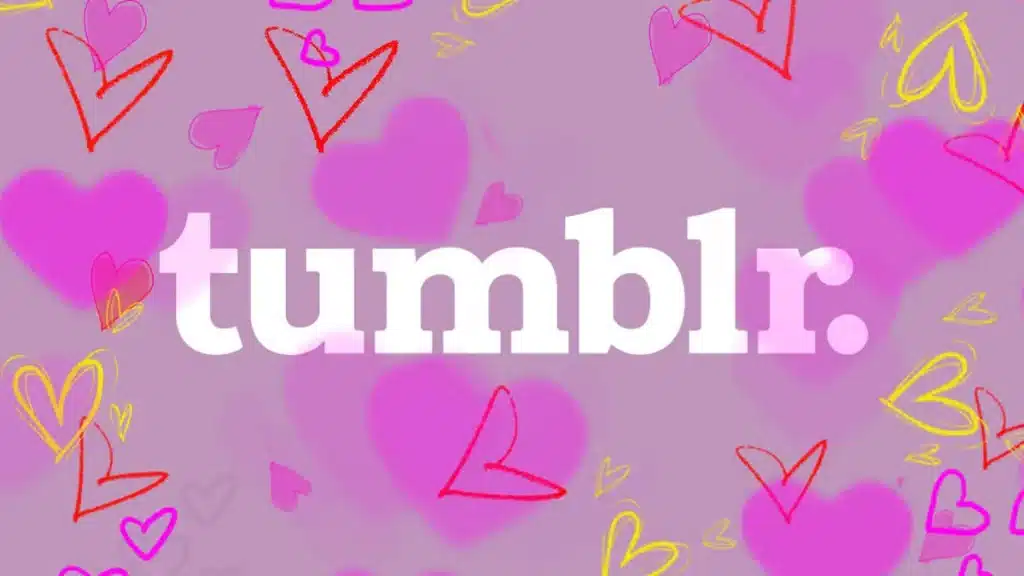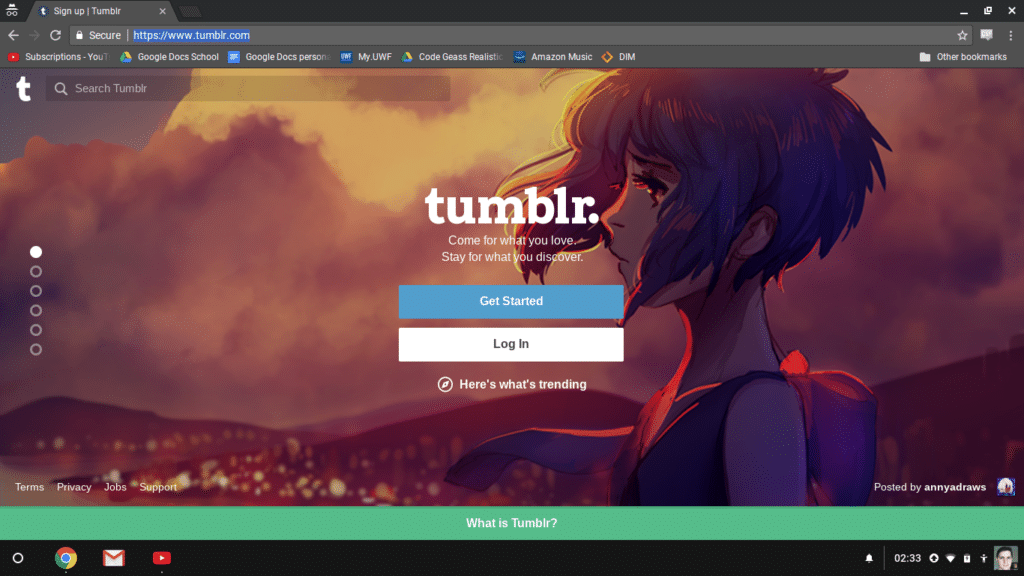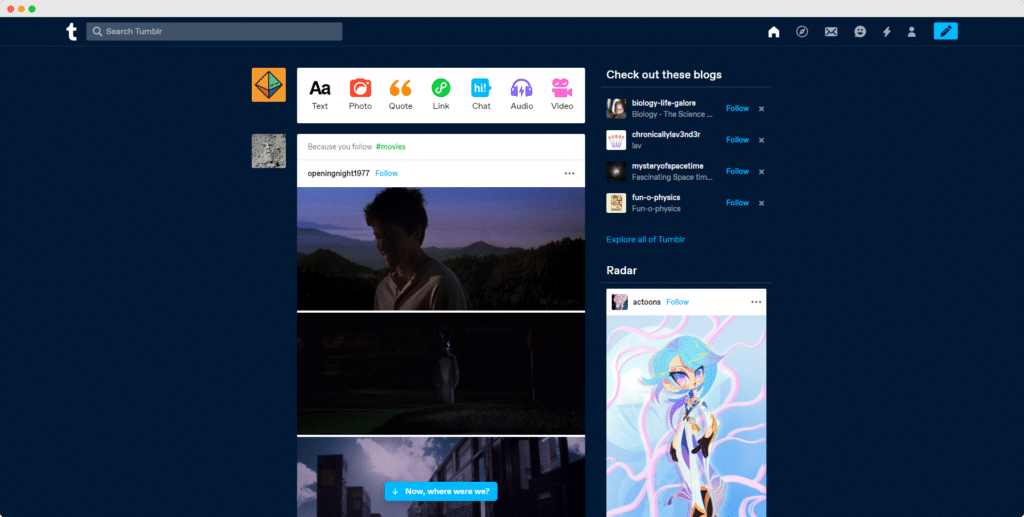Tumblr is a microblogging and social networking website that was founded in 2007 by David Karp and Marco Arment. It started as a small-scale platform for blogging and sharing content but eventually grew into a massive online community of users, boasting over 550 million active blogs and 1 billion monthly visitors as of 2021.
Tumblr’s unique features, such as its customizable themes, reblogging function, and emphasis on visual content, have made it one of the most influential social media platforms of the 21st century. This article delves into the origins and rise of Tumblr, highlighting its innovative features and cultural impact.
Contents
Origins of Tumblr
David Karp, a high school dropout and self-taught programmer, founded Tumblr in 2007 at the age of 20. He had previously worked on several tech startups, including UrbanBaby and Frederator Studios, before deciding to create his own platform for blogging and sharing content. Karp’s inspiration for Tumblr came from his frustration with existing blogging platforms, such as WordPress and Blogger, which he found to be too complicated and difficult to use. He wanted to create a simple and intuitive platform that would allow users to express themselves and share their interests without the need for technical expertise.
Karp teamed up with Marco Arment, a software developer, to create the first version of Tumblr. They launched the platform in February 2007, and it quickly gained popularity among early adopters in the tech and design communities. Tumblr’s minimalist design, user-friendly interface, and focus on visual content appealed to a wide range of users, from artists and photographers to bloggers and activists. In its early days, Tumblr was primarily known as a platform for sharing photos, gifs, and other visual content, but it soon expanded to include text-based posts, audio recordings, and videos.
Features of Tumblr
Tumblr’s success can be attributed to its unique features and user-driven design. Unlike other blogging platforms, Tumblr allows users to customize their blogs with a wide range of themes and templates. This flexibility allows users to create personalized and visually appealing blogs that reflect their individual styles and interests.
Another key feature of Tumblr is its reblogging function. This feature allows users to share posts from other blogs onto their own feeds, creating a network of interconnected content that promotes discovery and community building. The reblogging function has become a defining characteristic of Tumblr culture, with users creating their own memes, inside jokes, and cultural references through the shared content on the platform.
Tumblr is also known for its emphasis on visual content. The platform’s dashboard is designed to showcase images, gifs, and videos, making it easy for users to consume and share visual media. This focus on visual content has made Tumblr an ideal platform for artists, photographers, and other visual creators, who can use the platform to showcase their work and connect with other creatives.
Rise of Tumblr
Tumblr’s rise to prominence can be attributed to its innovative features and its appeal to niche communities. As the platform grew in popularity, it became a hub for creative expression, activism, and social commentary. Tumblr’s user-driven design and emphasis on community building allowed it to foster a unique culture that was distinct from other social media platforms.
Tumblr’s influence can be seen in the emergence of online subcultures, such as fandoms, social justice communities, and queer communities. These communities used Tumblr to connect with like-minded individuals, share their experiences, and advocate for their causes. Tumblr’s reblogging function and emphasis on visual content allowed these communities to create their own content and build their own cultural identities.
Tumblr quickly became a hub for pop culture fandoms, with users creating and sharing content related to their favorite TV shows, movies, books, and celebrities. Tumblr’s platform allows fans to connect with each other, share their thoughts and feelings, and create fan art and fanfiction.
Tumblr also became a platform for social and political activism. Users used Tumblr to raise awareness about social issues and share their perspectives on topics such as feminism, LGBTQ+ rights, and racial justice. Tumblr’s community-driven approach created a space for marginalized voices to be heard and amplified.
The Takeaway
Despite its decline in recent years, Tumblr’s impact on internet culture and pop culture cannot be denied. Tumblr’s platform created a space for creatives to share their work, connect with others, and express themselves freely.





